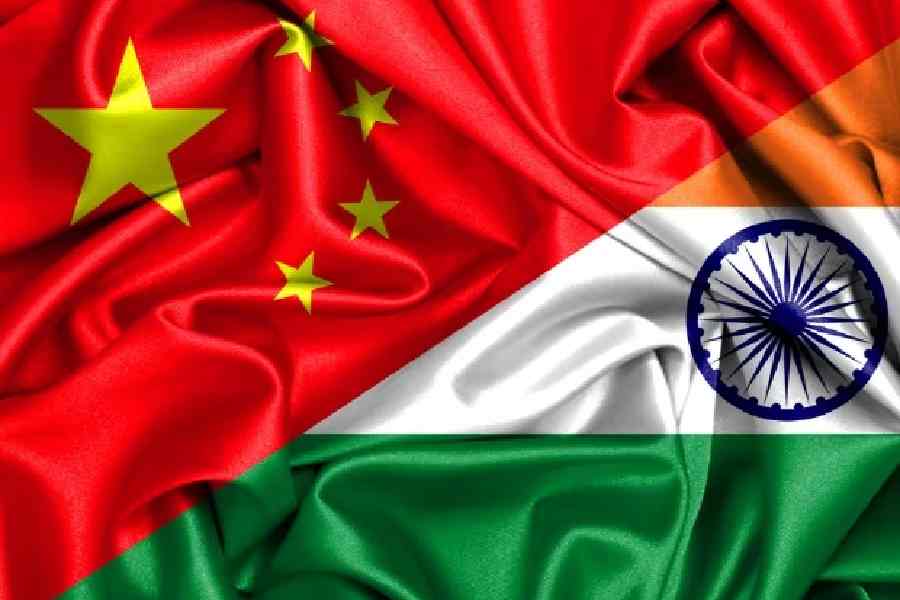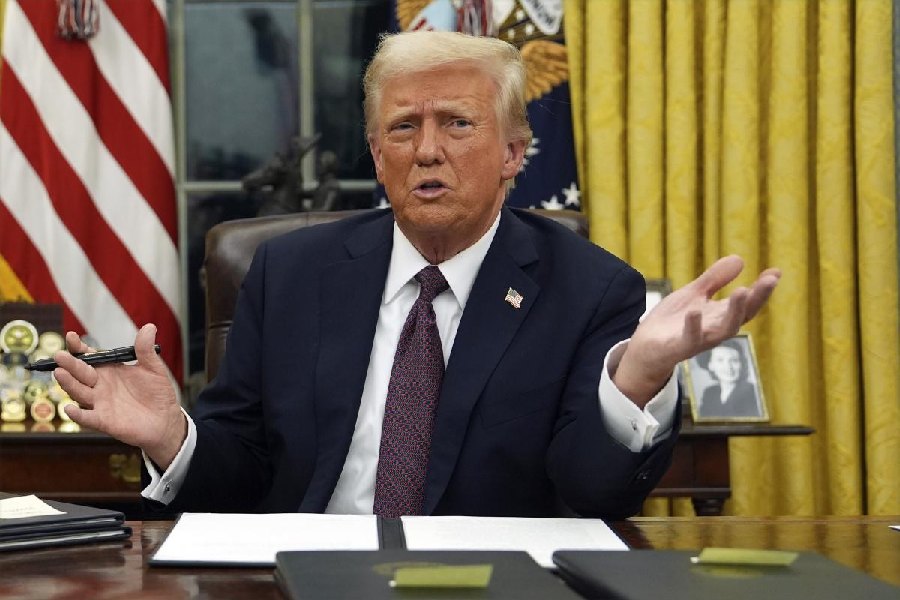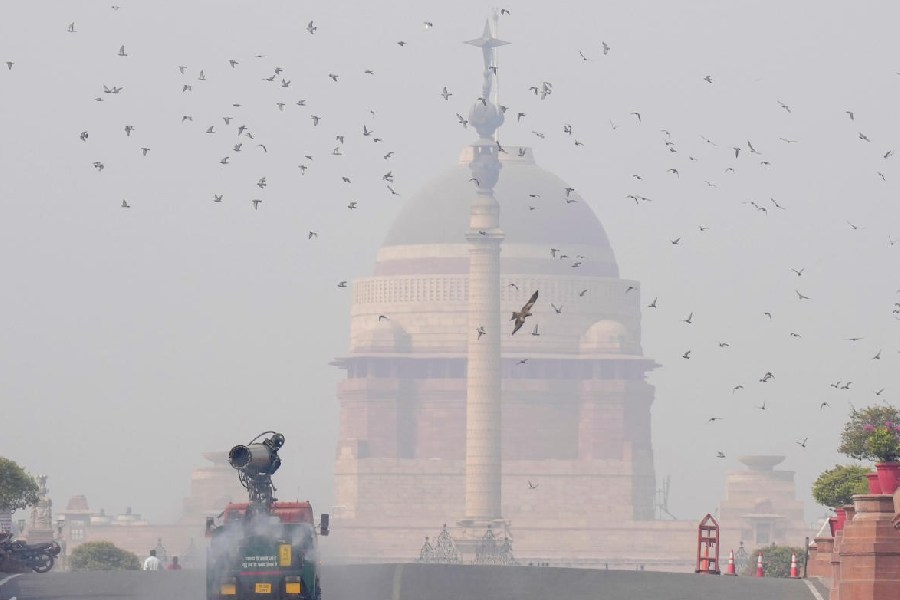China and Bhutan appear to be on the cusp of a historic border settlement after recent negotiations and a visit by Bhutan’s foreign minister, Tandi Dorji, to Beijing. Significantly, Bhutan has said that it has no major differences on the understanding of the border with China. Meanwhile, China has said that the border settlement could pave the way for formal diplomatic relations with Bhutan. These are significant developments not just for China and Bhutan but for India too. China has settled borders with 12 of its 14 land neighbours; India and Bhutan are the only nations it is still in negotiations with. Bhutan borders only China and India. A settled border with China would resolve all boundary disputes for the small Himalayan nation. But for India, the developments between China and Bhutan are a cause for potential anxiety. That is not because India gains from an unsettled border between China and Bhutan. Instead, New Delhi's concerns stem from the power imbalance between China and Bhutan, the lack of clarity over the specifics of their boundary talks, and the consequences of strengthened ties between these two northern neighbours.
It has only been six years since the crisis in Doklam, when Chinese and Indian soldiers camped, almost face to face, on a Himalayan plateau that Bhutan claims. China insisted that the territory belonged to it, while India argued that its troops moved there at Bhutan's request to defend the smaller nation’s territorial integrity. It is unclear whether Bhutan and China have arrived at some understanding over Doklam, but given Beijing's history, it is unlikely to have agreed to give up on land it has publicly claimed. If Bhutan has given up on its claim to the plateau, India faces a potential security concern. Doklam is close to the so-called chicken's neck connecting the rest of India to the Northeast. A permanent Chinese presence there would pose an existential threat to India's ability to keep its territory connected. A full-fledged diplomatic relationship between China and Bhutan also risks undercutting India's traditional influence over Bhutan. The answer lies not in a muscular response that makes Bhutan feel threatened but in careful diplomacy. Like the Himalayas, the stakes are high.










